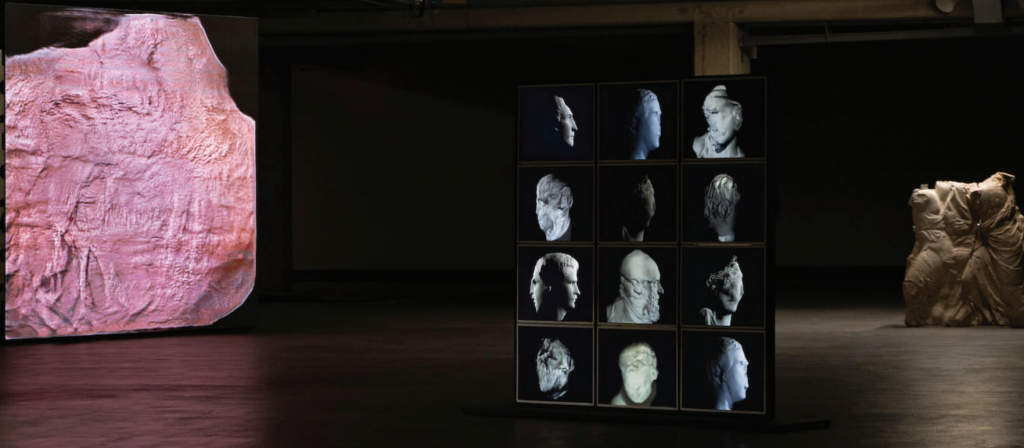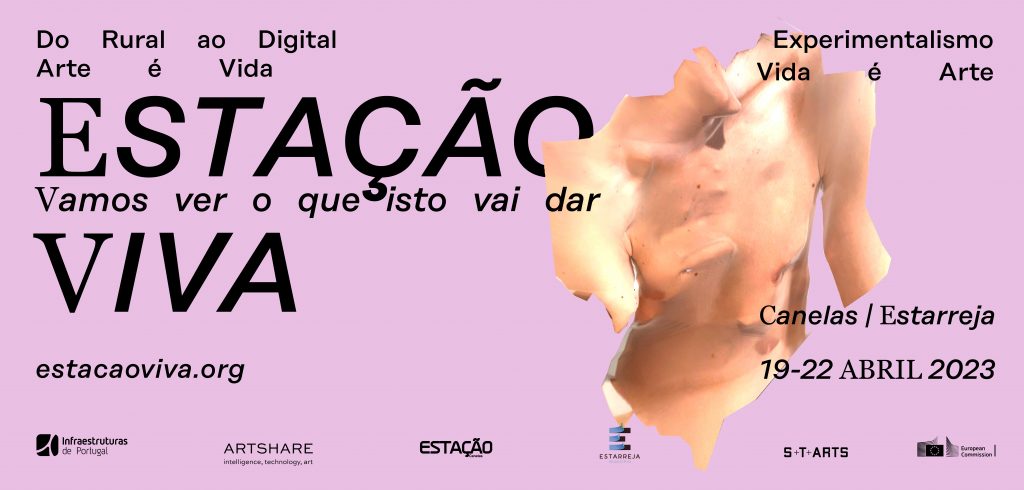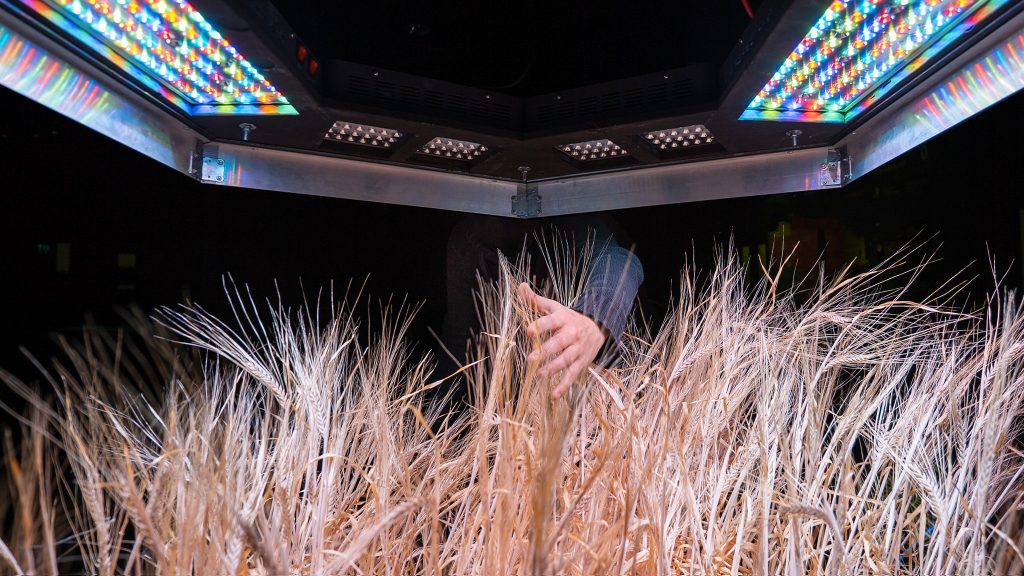LOCATION: DC Connect, Wetstraat 51 Rue de la Loi, 1000 Brussels
1 December 2022 – 28 February 2022
Artists have always been at the forefront of exploring new tools, techniques and methods in their work – they are driven by an inherent curiosity to test and push the boundaries of their artistic practice. Today, the arts are in the vanguard when it comes to exploring frontier technologies like artificial intelligence, biotechnology, quantum computing, or Extended Realities (XR). Artists can therefore act as innovation catalysts in fields ranging from robotics to Metaverse, from automotive industry to urbanism, or from social media to Blockchain.
They are tinkering with technology and formulating critical questions we need to ask ourselves as these technologies become interwoven with the fabric of our lives: How can we develop an empathic approach to innovation that is humane, sustainable and ethical, and focuses on the needs of humans and the preservation of our living spaces?
In response to these needs, the European Commission’s S+T+ARTS initiative was launched under the Horizon 2020 research and innovation program. S+T+ARTS recognizes that artists can become active drivers for innovation that is rooted in culture and values. It supports collaborations between artists, scientists, engineers and researchers to develop more human compatible and ecologically conscious technologies. S+T+ARTS complements the New European Bauhaus that was launched by the president of the European Commission, Ursula von der Leyen, in the hope that the arts can help Europe achieve the green transition.
The works presented in the exhibition show a glimpse of results from over 100 S+T+ARTS residencies across Europe and S+T+ARTS Prize laureates from the last seven years.
ARTISTS: Egor Kraft, Anna Ridler, Olga Kisseleva, Etsuko Yakushimaru, Studio Above&Below, Noemi Iglesias Barrios, Kate Crowford, Vladan Joler, Francesca Panetta, Halsey Burgund
ON DISPLAY:
+ Sustainable Futures & New Pathways to Innovation (Rebecca Merlic, Art Direction)
+ Amsterdam’s 3D Printed Steel Bridge (MX3D & Joris Laarman Lab)
+ Micro I Macro [Pavilion] (Concept and composition : Ryoji Ikeda; Architect: Nuno Brandão Costa; commissioned by Fundação de Serralves – Museu de Arte Contemporânea, Porto)
+ Rock Print (Gramazio Kohler Research, ETH Zurich, und Self-Assembly Lab, MIT)
This exhibition is curated by GLUON in collaboration with LUCA School of the Arts, Snowball, Ars Electronica and Bozar, Centre for Fine Arts Brussels.


